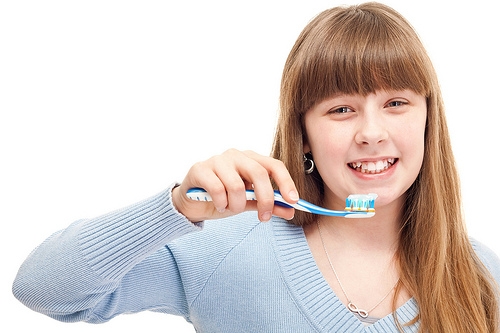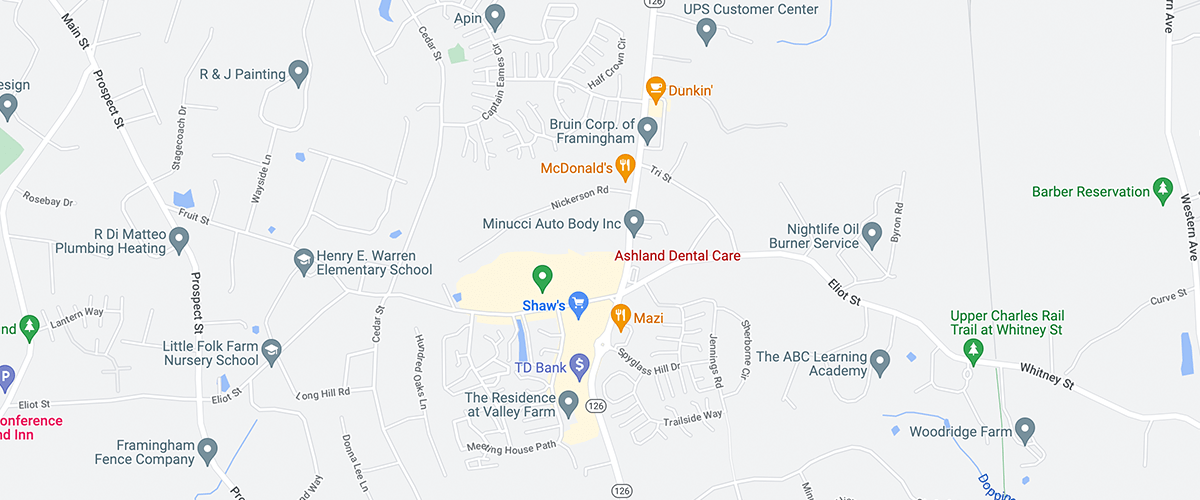Flossing Fixes
May 5th, 2021

A length of floss plus your teeth is about as low-tech as it gets. But, as with so many other “simple” skills, it helps to learn just the right technique to avoid common mistakes and to make your flossing as effective as it can possibly be.
- Choose the Right Floss for You
You’re getting ready to go out, and your floss keeps getting stuck, shredding, or snagging. You might try waxed flosses or flosses treated to glide easily through the teeth if this is a difficulty. (But do call us if it happens a lot—it could be a problem with a restoration, or a cavity, or some other condition we should address.) If you have the opposite problem, too wide a space between teeth for effective flossing, there are dental tape flosses that work with wider spacings. Braces? There are even specially designed dental flosses that thread between brackets and wires to access hard-to-reach plaque and food particles. If you’re unsure which product will work best for you, we have recommendations.
- Don’t Be Too Hard on Yourself
Did you know dental floss is a handy kitchen tool? You can use (unflavored) floss to cut cakes into even layers, slice cheese, or divide a log of cookie dough into perfect rounds. Just pull the floss taut and saw away. But let’s not use this technique on delicate gum tissue! Gums can be injured by a vigorous, sawing motion. Instead, gently guide the floss between the teeth to the gums, and, when you reach the gum line, gently ease the floss up and down the tooth surface. But do remember, sometimes the gums are sore and sensitive because of too little flossing, not too much. Proper cleaning will help keep your gums both healthy and pain-free.
- Technique Counts!
We often use floss to remove food particles from between the teeth, which provides instant dental gratification. But you are flossing for the long term as well. Proper flossing removes the plaque that leads to cavities from places your brush just can’t reach. Make sure you floss between each tooth, and don’t forget the back of those teeth on the end. The next time you visit our Ashland office for a cleaning, let us demonstrate the most effective techniques for gently removing plaque from beneath the gum area and on the tooth’s surface.
- It’s All in the Timing
How much time should you spend flossing? That answer will depend on your individual needs. For some people, thorough and careful flossing once a day will be sufficient. For others, flossing more often might be advisable. We can help you decide how often and how long to floss.
It might take some time and practice to learn to floss effectively, but you will find your technique gets better and your flossing is accomplished more quickly once you have the basics down. If our doctor can offer any suggestions, don’t hesitate to ask!



